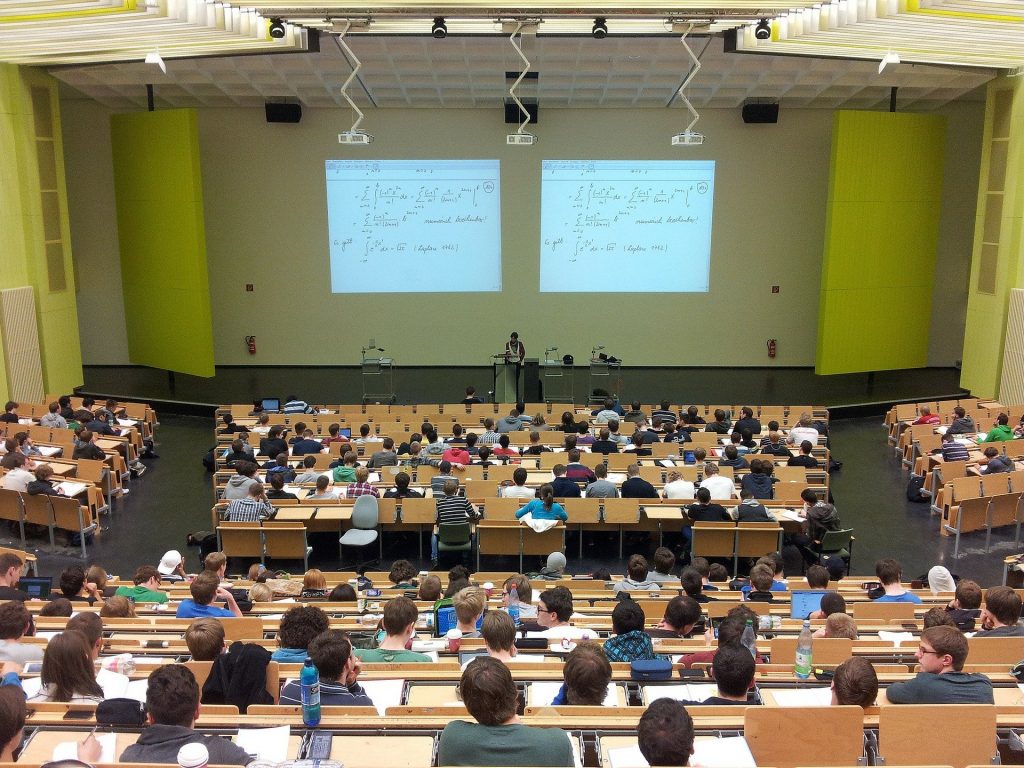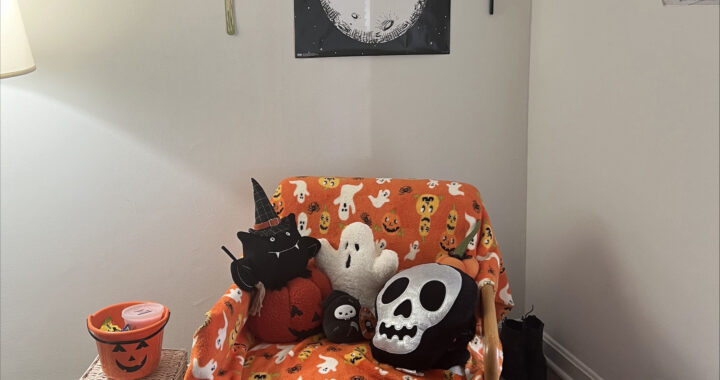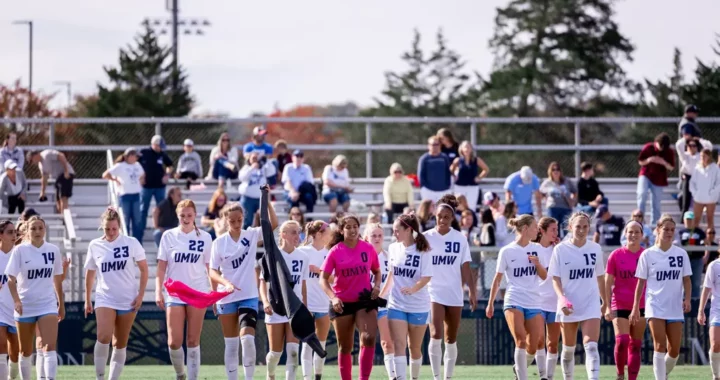Professors’ political opinions: helpful or hurtful?
3 min read
Pixabay
By THEODOSIUS ZOTOS
Moderation is the key to everything. Having a conscious filter regarding your words and their implications is important, especially for educators. Professors have the academic freedom to voice their beliefs in class, including political ideologies, but at the same time these expressed opinions should be self-monitored and used only to enhance classroom learning. Professors should not take advantage of the influence that comes with their profession and should not utilize their platform to influence students to take a certain political position. Of course, determining the right amount of political expression in a classroom can be arbitrary and there is no set value on what should be allowed.
As a sophomore political science major, I am consistently engaging in political discussions in and outside the classroom setting. After taking four semesters worth of classes at UMW, I now understand how much a professor can influence your beliefs and shape your views. I also understand how discouraging it can be when you do not share the same beliefs as a professor or when you do not agree with the direction of a classroom discussion. No one wants to express an opinion in a classroom when there is no one else to agree — it can be uncomfortable and sometimes frightening. Although I have only experienced this a few times, other students have voiced this same concern to me on numerous occasions.
Economics professor Steve Greenlaw shared his view on the topic and said, “I have long thought that if I told students what I thought on political issues then that would prevent them from thinking through things on their own, so I have tried to avoid that. Although the past election has pushed me outside this norm at times, I do think it’s important to appropriately relate any discourse to what is being taught in class.”
Since the recent presidential election, political tensions are at an all-time high. There is so much opposition between parties and even within them. The political discourse over the past couple months has been characterized by name-calling, contentious congressional meetings, and insufficient bipartisan cooperation. As a product of this election cycle, the intense emotions and beliefs have infiltrated classroom discussions and course material. Addressing current issues and how the government is functioning is more important than ever, especially within political science and international affairs classes, but there is a fine line as to what should be said and what should not.
As I touched on before, professors should involve students in engaging class discussions and work to the best of their abilities to avoid any discouragement. It is important for professors to facilitate difficult conversations in class but the comfort of students should always be a top priority. College students’ opinions are constantly being discouraged by other students as a consequence of learning in such a large interactive social environment, but a potential problem is developed when professors are complicit in the situation.
“I believe that it is not appropriate for professors to impose their political views on their students. We are supposed to make you think – not conform to our views,” said Surupa Gupta, associate professor of the political science department. “It is also important for us to create a space in our classrooms where all students can participate in discussions without feeling the need to agree. Are we 100 percent successful at hiding our political views? Probably not.”
I don’t want to discourage professors from voicing their opinions and exercising their freedoms but rather to remind them to be mindful of their influence. Professors at UMW impact students in immeasurable ways. I have learned so much from them since I was a freshman and their insights on the world have made me a better person, but as cliché as it sounds: with great power does come great responsibility.



Mary Washington’s classes cover all the acceptable political opinions. Everything from leftist democrats to radical marxists.
Haha here here my friend! After four years of classes in polisci and history, I have yet to have anything but left-wing professors.
This school really cares about diversity. Unless it’s diversity of thought.
It’s safe to assume all your professors are radical leftists and you should just parrot whatever they say in class on your assignments. Leftists are very closed-minded and childish and they will mark you down for disagreeing with them. Stay Frosty.
Do you also tell your parents and grandparents to be mindful in expressing their political opinions? Your boss? Any other superiors? Professors aren’t the only people who can influence your political opinions.
I think one important thing you might have overlooked is that at your age you have pretty much only been exposed to one side of anything. It is the job of a professor to expose you to everything, and make sure you are comfortable disagreeing so that a conversation can ensue. I recently had a student tell me it was “refreshing” to hear a Democrat voicing sound economic policy. That proved my point. In his world Democrats are bleeding heart liberals with no sense of the realities of the world. As a business prof, and business owner, the economy is important to me, but very few people on either side understand the economy, particularly when it comes to the long game. Instead we revel in the willful ignorance of not wanting to hear anything that disagrees with our opinions. If you do not speak up, using logic and facts, then you are part of the problem. I am in room 140 of Woodard. Come see me for some great statistics, and I think you might want to comb through the OECD database. Also, I thank my students for disagreeing with me when their argument is based on fact. Do you thank your professors when they open you up to new information?